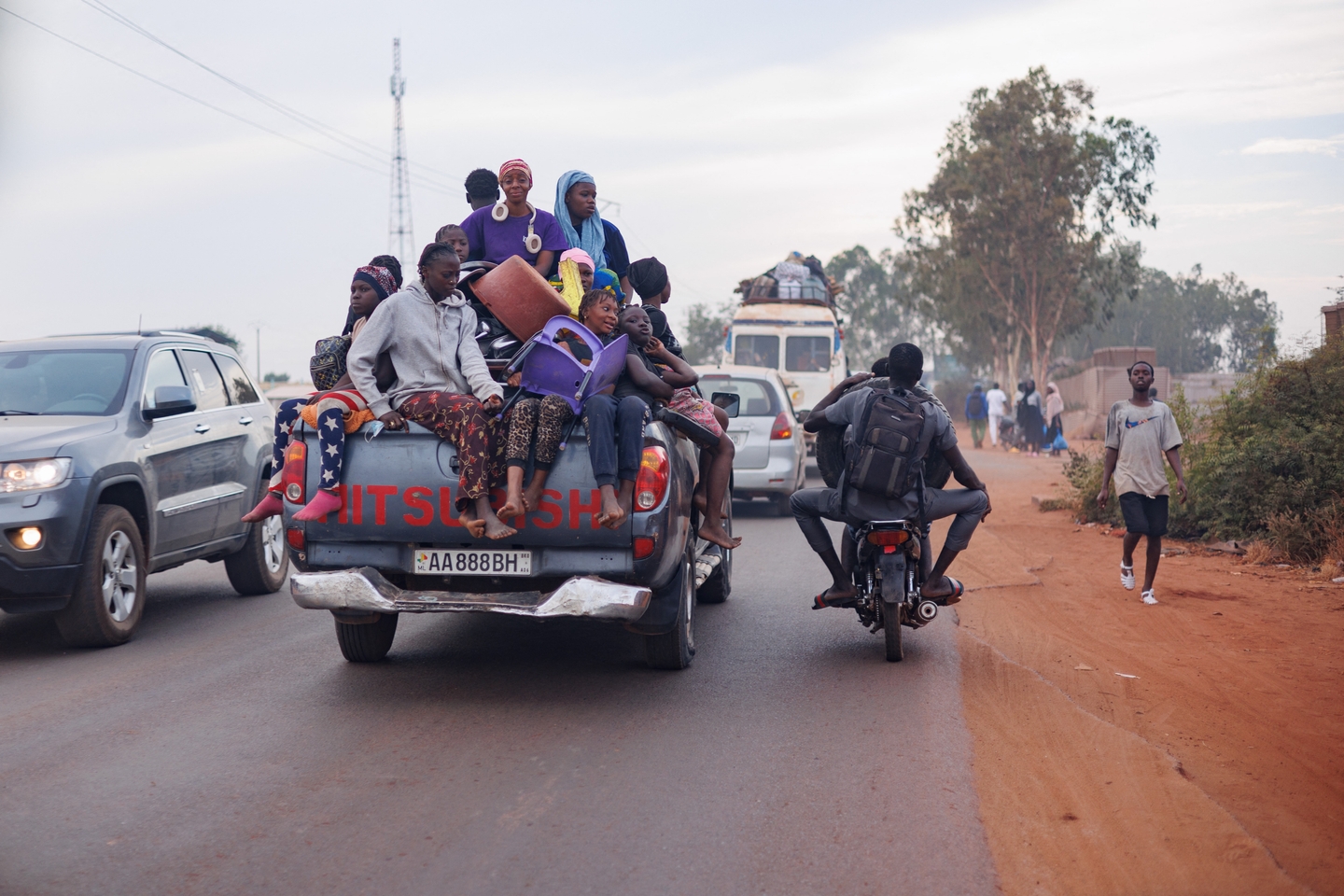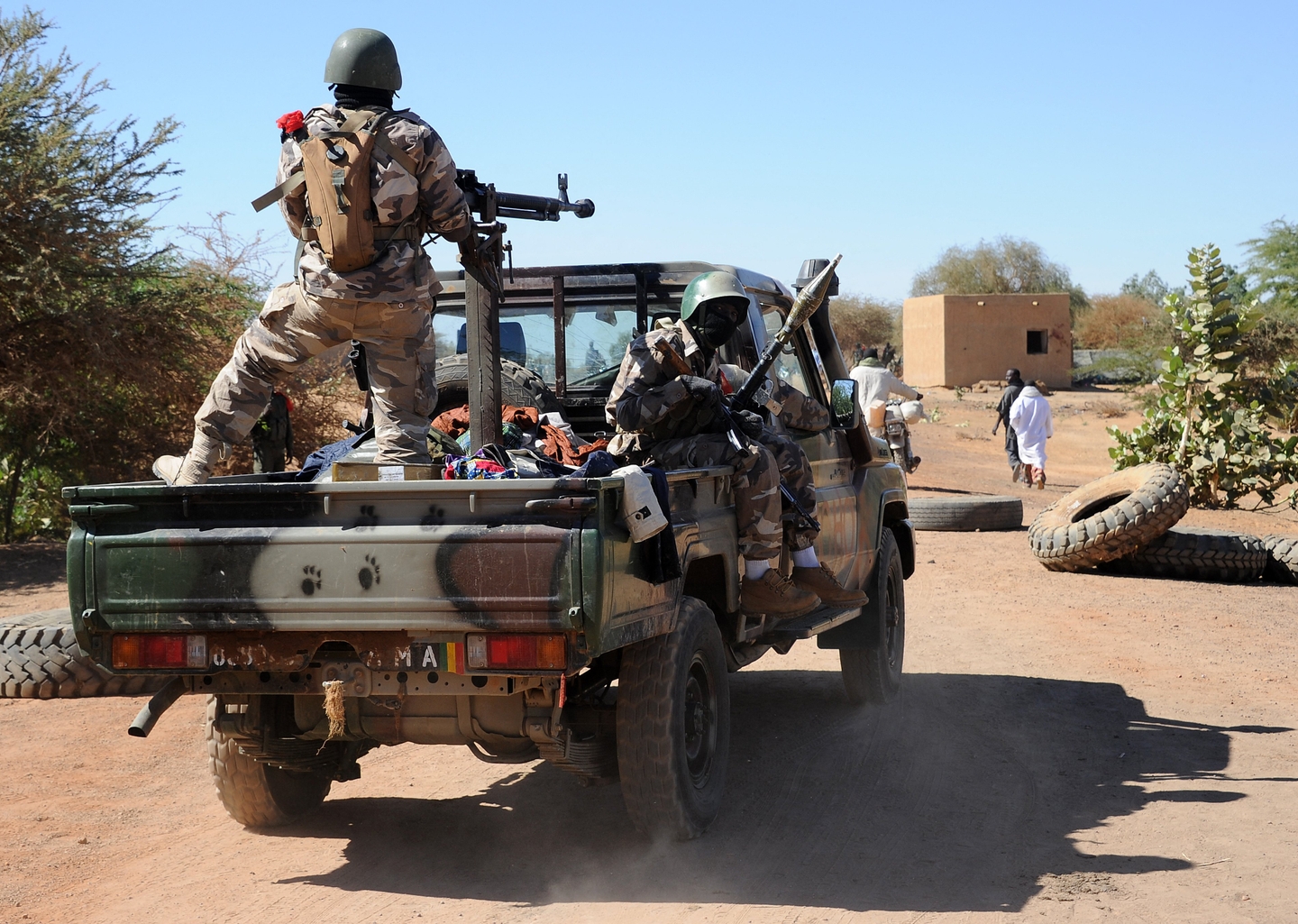Mariam Cissé gained thousands of followers by sharing videos about her daily life in Tonka, Mali.
A popular TikTok creator from Mali has been kidnapped and executed by a jihadist group, in a shocking act that has sparked outrage across the country and beyond.
Mariam Cissé, believed to be in her twenties, regularly shared videos about her life in Tonka, a town located in the Timbuktu region of Mali. Her posts gave followers a glimpse into her community, her pride in her country, and her daily routines. She had built an audience of around 100,000 followers on the platform.
Many of her videos showed her expressing support for the Malian army, something that made her stand out among local creators but also drew unwanted attention from armed extremist groups in the area.
Mali has been under military rule since a coup placed a junta in power, and the nation has struggled with an ongoing jihadist insurgency that began in 2012. The violence has left parts of the country destabilized and cut off from essential resources.
Because Mali is landlocked, it depends heavily on fuel imports from neighboring countries. In recent months, extremist groups have tightened blockades on these imports, worsening the strain on communities and raising humanitarian concerns. The African Union (AU) recently voiced its “deep concern” about the deteriorating situation.
Mariam often appeared in her videos wearing military clothing, showing her patriotism and solidarity with national forces. One of her most popular clips was captioned “vive Mali,” meaning “long live Mali.”

Speaking to AFP, Mariam’s brother confirmed the devastating news, saying: "My sister was arrested on Thursday by the jihadists."
He went on to explain that the extremists had accused his sister of "informing the Malian army of their movements".
A security source later supported this account, stating that Mariam was executed because the group believed she had been recording their movements on camera to share with the Malian army. Her videos, which often featured life in conflict zones, may have led the militants to suspect her of cooperating with authorities.
After being abducted on Thursday, Mariam was transported to Tonka over the weekend on a motorbike, according to reports. The extremists then carried out the execution publicly, shooting her in Tonka’s Independence Square for residents to witness.
Her brother was among those in the crowd, forced to watch in horror as his sister was killed in front of him. Witnesses later described the event as deeply traumatic and said the attack has left the community shaken.
The brutality of the execution and its public nature have sent shockwaves through Mali, adding to growing fears about the increasing power of militant groups in the region.
Mariam’s death has horrified people across Mali and reignited fears about the worsening security crisis facing the nation. Her killing underscores the dangers civilians continue to face as extremist violence spreads, especially in northern and central regions.
The African Union has described the incident as a symptom of a much larger crisis that threatens the stability of the entire Sahel region.

AU chairperson Mahmoud Ali Youssouf addressed the growing instability on Sunday, expressing concern about the “rapid deterioration of the security situation where terrorist groups have imposed blockades, disrupted access to essential supplies, and severely worsened humanitarian conditions for civilian populations.”
He also condemned the “deliberate attacks against innocent civilians,” noting that such violence has caused “unacceptable loss of lives and heightened instability” across Mali and its neighboring countries.
Youssouf affirmed that the AU stands ready “to support Mali, as well as all Sahel countries, during this particularly challenging period,” pledging additional coordination and assistance if required.
Mali’s military junta, which took power in 2021 with promises to restore order and improve security, continues to face immense challenges. Despite government assurances, jihadist attacks and blockades have persisted, devastating rural areas and cutting off vital resources.
Large parts of the country’s eastern and northern territories remain beyond government control, where armed groups operate freely and civilians live under constant threat. The death of Mariam Cissé has once again highlighted the human cost of this ongoing conflict.

